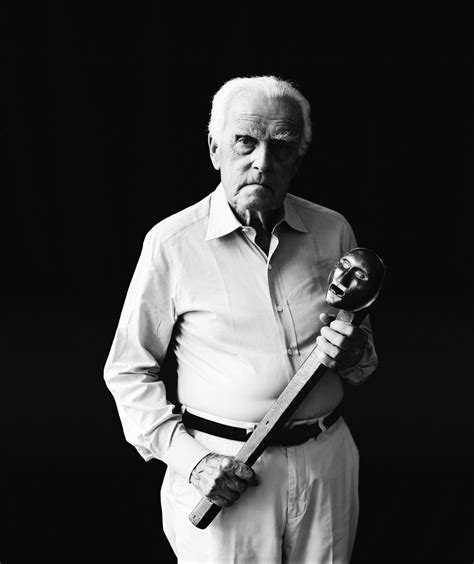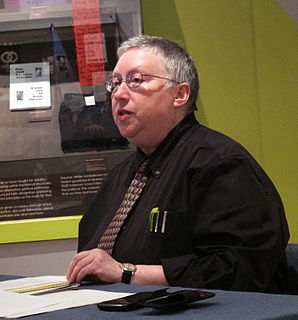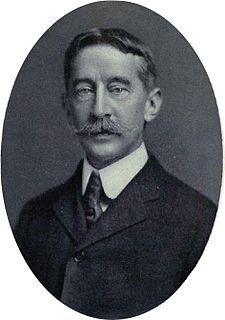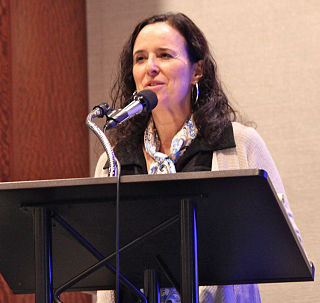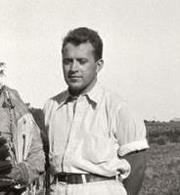A Quote by Bronislaw Malinowski
[W.H.R.] Rivers is the Rider Haggard of anthropology; I shall be the Conrad.
Quote Topics
Related Quotes
The King beneath the mountains, The King of carven stone, The lord of silver fountains Shall come into his own! His crown shall be upholden, His harp shall be restrung, His halls shall echo golden To songs of yore re-sung. The woods shall wave on mountains. And grass beneath the sun; His wealth shall flow in fountains And the rivers golden run. The streams shall run in gladness, The lakes shall shine and burn, And sorrow fail and sadness At the Mountain-king’s return!
[There, in War Horse] very little CGI. What happened there - because the horse was running very close to the trench, we had a rider. So in few instances, we had a rider dressed in a green suit. The rider would guide the horse through the frame, and through CGI [we removed] the rider. But that's about it.
The mind is divided, like a rider on an elephant, and the rider’s job is to serve the elephant. The rider is our conscious reasoning-the stream of words and images of which we are fully aware. The elephant is the other 99 percent of mental processes-the ones that occur outside of awareness but that actually govern most of our behavior.

















